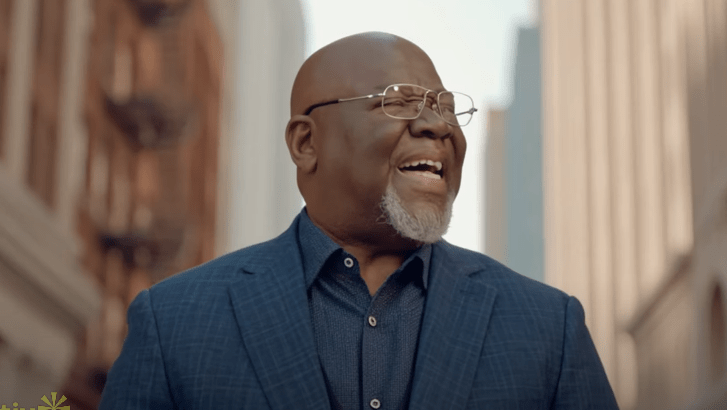CLOSE
T.D. Jakes is one of the most influential religious figures in America, known for his powerful sermons and motivational speeches. However, his recent sermon, “Road Rage,” has sparked significant discussion and concern. While Jakes presents a compelling message, a deeper analysis reveals problematic theological implications that may mislead his followers.

In his sermon, Jakes introduces the concept of “motion sickness” as a metaphor for those who resist change. While this analogy is thought-provoking, it paints resistance to leadership decisions as inherently negative. Biblical history is filled with instances where questioning authority was necessary and just. By framing opposition as a weakness, Jakes risks silencing those with legitimate concerns.
One of the most troubling aspects of Jakes’ sermon is his tendency to shift accountability away from leaders and onto followers. His teachings suggest that resistance or discomfort is a personal issue rather than a reflection of poor leadership decisions. This kind of rhetoric can enable toxic leadership structures and discourage critical thinking.

Jakes promotes what some call “the theology of what is,” an ideology that encourages people to accept their circumstances without questioning them. While faith and resilience are crucial, blind acceptance can be dangerous, particularly when it prevents people from standing up against injustice.
Another key issue in Jakes’ sermon is his leadership model, which places immense power in the hands of leaders while transferring stress and worry to followers. This type of structure fosters dependency rather than empowerment, keeping people in a cycle of reliance rather than equipping them to make independent spiritual decisions.

Jakes also touches on anger management, warning against emotional outbursts. While managing anger is important, discouraging all forms of anger can suppress righteous indignation—the same kind of passion that fueled biblical figures like Moses and Jesus when confronting wrongdoing.
Jakes’ definition of “innovation” often leans towards compliance rather than questioning. This discourages believers from critically analyzing their spiritual journey and addressing real issues within religious leadership.
While T.D. Jakes remains a powerful voice in modern Christianity, but his teachings require careful scrutiny. His “Road Rage” sermon, though eloquent, raises significant concerns about theological interpretations, leadership accountability, and the role of questioning in faith. Believers should engage critically with such messages and ensure their spiritual growth is rooted in both faith and wisdom.